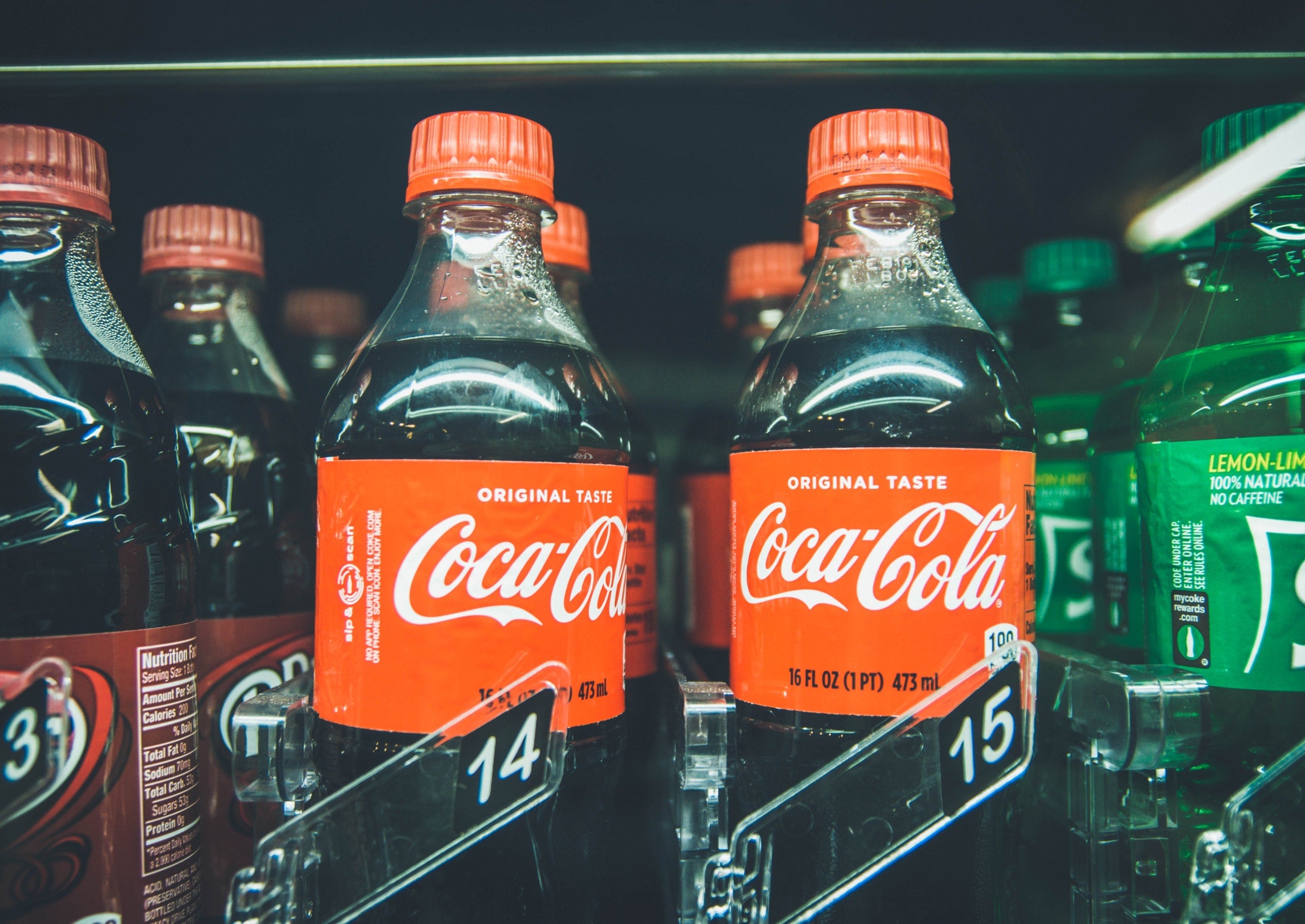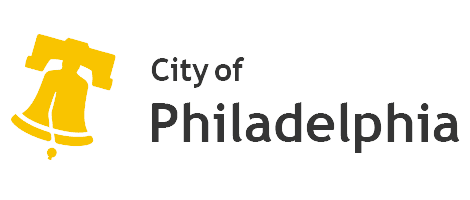Encouraging Healthier Choices With a Tax on Sugary Drinks

Issue
Sugary drinks contribute to the problems of obesity, type 2 diabetes, and tooth decay. Could a city-wide tax on sugar-sweetened beverages help decrease consumption?
Results
Director of the PEACH Lab and CHIBE Associate Editor Christina Roberto, PhD, published a significant study in JAMA showing that Philadelphia’s 1.5-cent-per-ounce sweetened beverage tax led to a 38% drop in sales of the taxed drinks, one year after the tax. Upon publication of the findings, Dr. Roberto’s work received widespread media coverage, and the City of Philadelphia was lauded locally, nationally, and globally for its efforts to lower sweetened drink consumption. These findings provide important evidence that sweetened beverage taxes may be one of the most effective policy tools to decrease consumption of sugary drinks.
In addition, a study led by CHIBE-affiliated faculty member and Deputy Director of the PEACH Lab Laura Gibson, PhD, published in the American Journal of Preventive Medicine found no evidence that people were substituting to high-calorie foods in response to the Philly beverage tax.
Key Takeaways
Impact Partners
